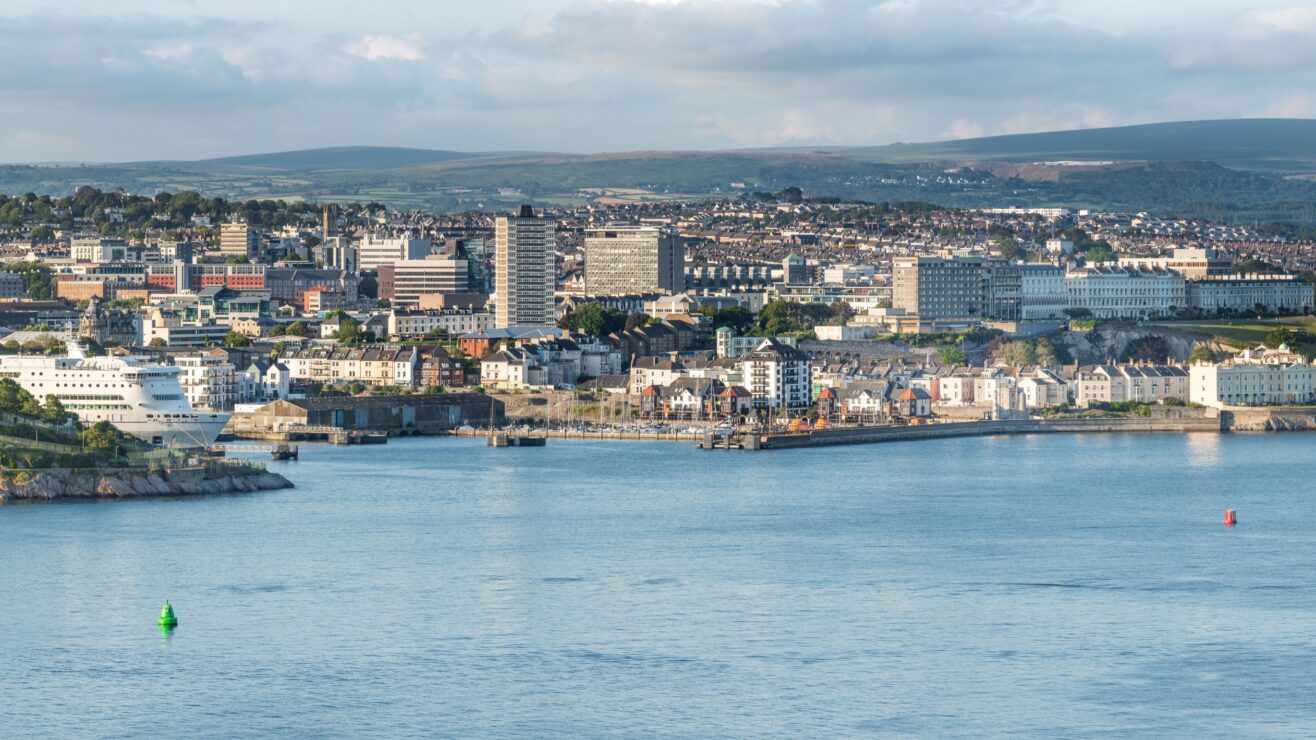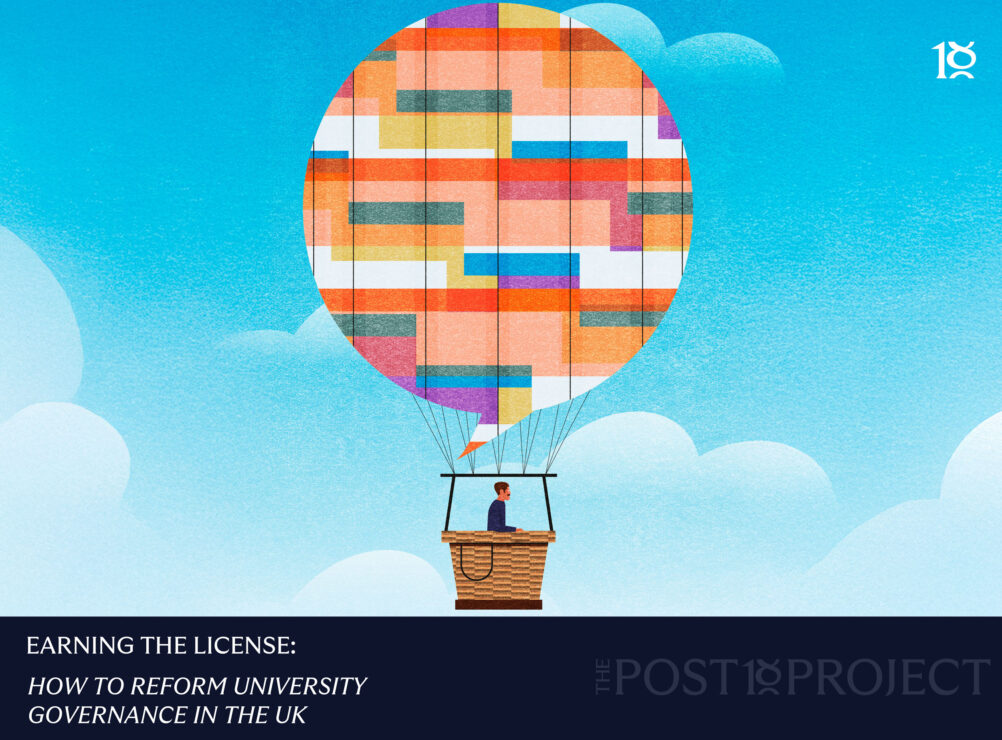Academics are obsessed with impact. We want our research to be read, to be cited by other academics – and particularly in the social sciences and humanities, to have an impact on government policy.
Partly this is because internationally over the last forty years, governments have increasingly imposed an impact agenda on universities, using financial and other levers to encourage them to focus on the real-world impact of what goes on in the ivory tower. But it’s not just that. Most academics are really passionate about the work they do, see it as important, and want it to make a difference to the public and society.
Yet it seems that a lot of the time, that desire to have impact is much more of an aspiration than a reality. When I had just started in academia (at another institution), after working in the IT industry and then as a school teacher, I remember going to a meeting about the department’s research strategy. There were lots of speeches from academics about all the amazing work they were doing (or thought they were doing) – and then one brave colleague spoke up and said that research was a waste of time, as it just meant spending lots of energy on something that maybe ten people around the world would read. He was much more interested in teaching, and the real direct impact he could have on his students right there and then. Quite.
Tracing impact
Of course research does have impact, although often it’s much easier to see it in the hard sciences and medicine. The revolutionary impact of the work of Samuel Broder at the National Cancer Institute in the US, and his collaborators, in the 1990s that led to the introduction of retroviral treatments for HIV, comes to mind as one example. I worked as a technical analyst on an HIV/AIDS unit in London in the 1990s and I saw the miraculous impact of this on people’s lives.
But in the social sciences tracing the path of impact is often much less clear. However, often this is not because the potential for impact is not there, but due to other factors, particularly a lack of understanding between government and academia about how research can usefully intercalate with policy development. Because I was interested in the relationship between research and policy, I undertook a secondment in the insights and research team of the Office for Standards in Education (Ofsted), for 15 months up to October 2023.
Since then, I have been involved in an ongoing series of conversations, initiated by Ofsted, involving academic and government colleagues on the topic of how to facilitate better communications between government and academia about the role and impact of research. Most recently we held a very well attended symposium at the British Educational Research Association conference in Manchester in September 2024, and are planning other publications and events.
What’s getting misunderstood
So far, based on these discussions, we have identified a number of factors that tend not be given enough weight in the relationship between government and academia.
First – and this is something I saw first-hand at Ofsted – it is important to realise that government does value evidence arising from academic research. Although many academics are unaware of this, each government department has members of what is known as the Government Social Research Profession, whose role is to champion social research evidence and support implementation and evaluation of government policy.
Another thing I came to understand at Ofsted is that the culture is quite different to academia. The role of research in the civil service is to support the aims of democratically elected ministers. Research evidence is valued in government – but it is one factor among others when decisions are made.
Linked to this, such evidence has to be provided at the right time and in the right way so that it can have an influence on those decisions. This is something that academics often lack awareness of. Typical academic research projects often focus on making sure that their findings are high quality and robust, and only then think about pathways to dissemination, hoping that someone in government will take notice of it. All too often that can mean, as my old colleague said, that it ends up being read only by other academics. Academics need to be scanning the horizon to find pathways to engagement from really much earlier on in their research, for example in the context of public consultations, or political debates.
Other areas we have identified also include, on occasion, misconceptions and mistrust between academia and government, which is there on both sides. Civil servants often handle competing priorities and demands, which can hinder opening up lines of communication to the research community about how they use research and to engage in honest conversations about political priorities.
Although things are changing for the better in England in this regard, as evidenced by our collaboration between Ofsted and academic colleagues, there is much more to do. We have adopted the concept of a “third space”, opportunities for engagement where we can find new ways of working across sectors that promote mutual understanding, in the case of Ofsted, to better promote outcomes for children and young people. This is of course the shared aim of both the academic research community and government.
However, this is something that is needed not just at Ofsted, but across government and across academia. The impact agenda is not going anywhere anytime soon, and perhaps we would be foolish to want it to, but making it work better has got to be a priority.














Thank you. This was a really useful article.
Another important element is that of translating research papers into something that is accessible and relevant to policy makers. This is where PR skills can complement horizon scanning. Time spent understanding the government audience is time well spent. What are the audience’s key concerns? How are these concerns prioritised? How can research help policy makers solve particular challenges? Are there different ways of approaching the problem? What would the next step be etc etc.
Thank you for an important article. I would also add that most researchers choose their area of study for specific reasons which do not always match with the needs of the educational sector. I am not sure we need more studies on how to teach linguistics or phonics, as this has been covered many times. What professionals need to know more about is: behaviour mgmt, the impact of psychological trauma and poverty on learning outcomes and how to remedy it. This would help addressing the teacher retention crisis and parental disaffection towards schools.